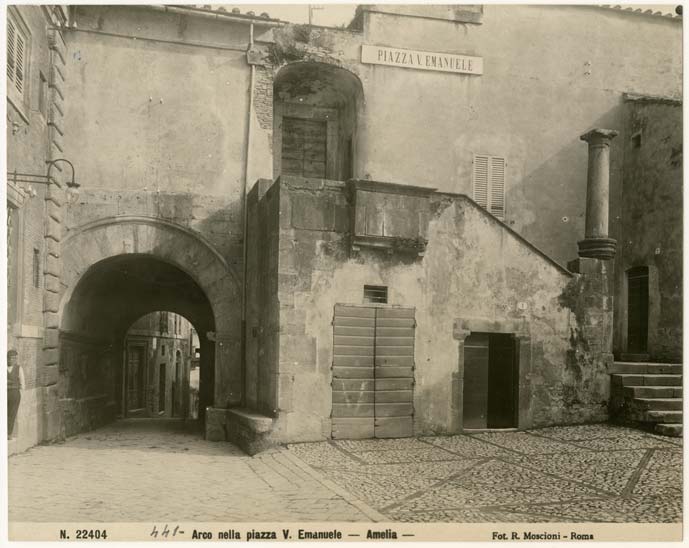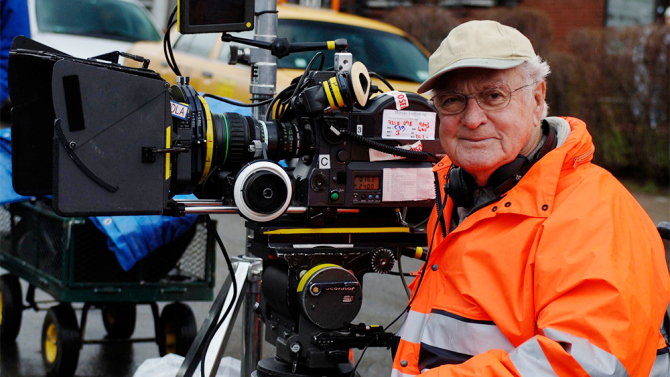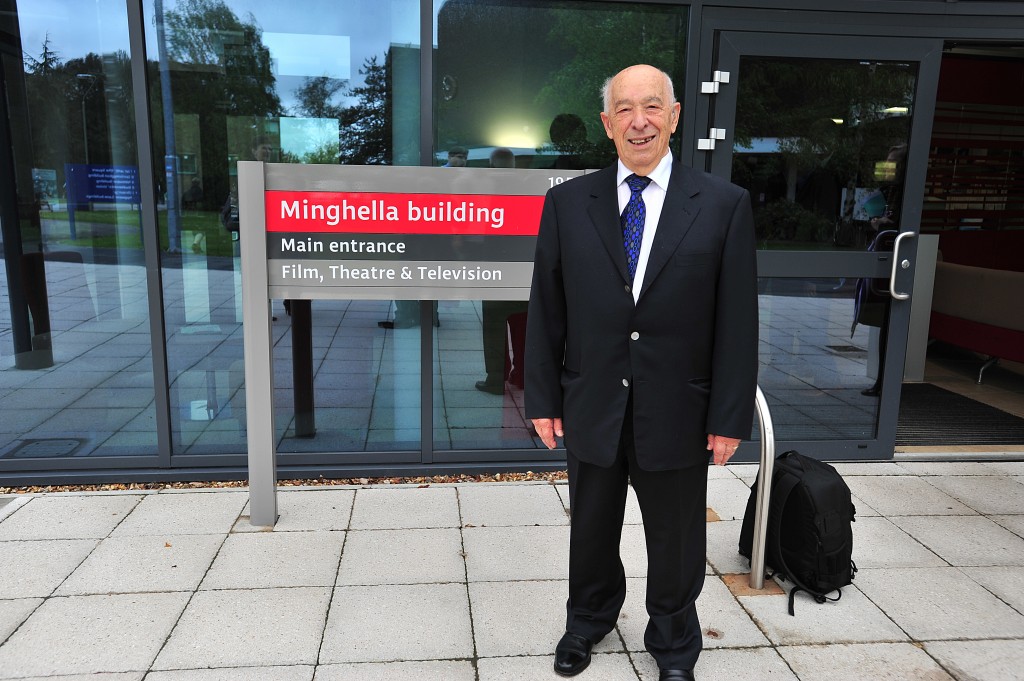UMBRIA
Climbing the steep via della Reppublica to our place at the top of Amelia,
an ancient town in which I hope to grow old,
I find a lady breathless with bags
Or rather, she detects me, and, with cunning timing a beat before I pass,
turns and asks me where am I going? All the way to the top?
LONDON
In our street in London, smug with community (and I am the most guilty)
We nevertheless cross, if we are honest, to avoid the inevitable delay of (let’s call her) Louisa
(My granny, Louisa, was in some ways such a lady)
Who, despite your hasty breezy passing-by Morning! How are you!?
Which requires in return a hasty breezy All right thanks and you!?
Will stop you instead with a shake of the head and a sad look down and say
Not very good. No.
And then it’ll be her leg or her cat or something with the council and a brushed-away tear
And at minimum it’s minutes, and a train missed, of miseries itemised, woes forlornly bewailed.
She is sprightly, this lady with the bags. I’d say she’s eighty, and fit from living at the top
And she looks at me, carrying my own bag and the larger of hers and says
Can I feel that bag you’re carrying, to see if it’s heavier than this one?
And I say, Signora, give me the other bag too, as she calculates I will,
and, considerably feebler than her,
I feel my heart telegraphing its tribulations as we pass under the two-thousand year old Porta Cubica arch into the once-important oblong of Piazza Marconi

Something about the understanding of time
When an arch is that old
(And not even that old, compared to the town itself –
I saw it described in a guide as “much more recent”.)
The relationship with it, and therefore with others.
Something about who it makes us want to be
Wide as an arch, and encumbered by a walker and the permanent paraphernalia of shopping
Louisa, as we’re calling her, has never seemed young but her voice is brittle; she makes me think of a little girl.
She is, I think, the caller of the ambulances. There was a summer when they would flash by most Thursdays or Fridays and stop down that end
And you’d wonder at it – why she called, and why they came.
These days if she sees you across the road she’ll call out – she’s not a fool, she’s probably reading this – and draw you over, into her world of need.
One day, Sarah, snagged, asks her if there’s anything she can do to help
And she says yes, could you keep me company in the evenings?
How old would you say I am? asks the sprightly signora. How many years would you put on me?
I protest but she insists so I say Perhaps your sixties? and she beams
Eighty! she declares. Almost eighty! Do you know my secret?
I keep the heating on. In these cold days, all night!
Very wise, I say. Eighty!? It obviously works!
Do you know what I say? I say if you don’t pay at the gas company, you pay at the pharmacy!
Very wise, I say. I like heating too. I have to be warm too.
If not, you pay at the pharmacy, she says.
And there is a gleam in her eye.
She’s taken recently to calling across the street, Louisa
I know you crossed
I know you crossed the road when you saw me.
I know you’re avoiding me.
Half way up via del Duomo, at my turn, she challenges me to give back her bags and let her tackle the last few yards to the top alone
And I refuse of course, as she calculates I will.
She says I could see her place
How warm it is
And I say that’s very kind but
And she says she has coffee
And I say maybe next time
And, now we’re there, at the top, and she takes her bags and says
You would like my coffee. I’ve got Lavazza
– and there’s that gleam again –
Lavazza Gold.


